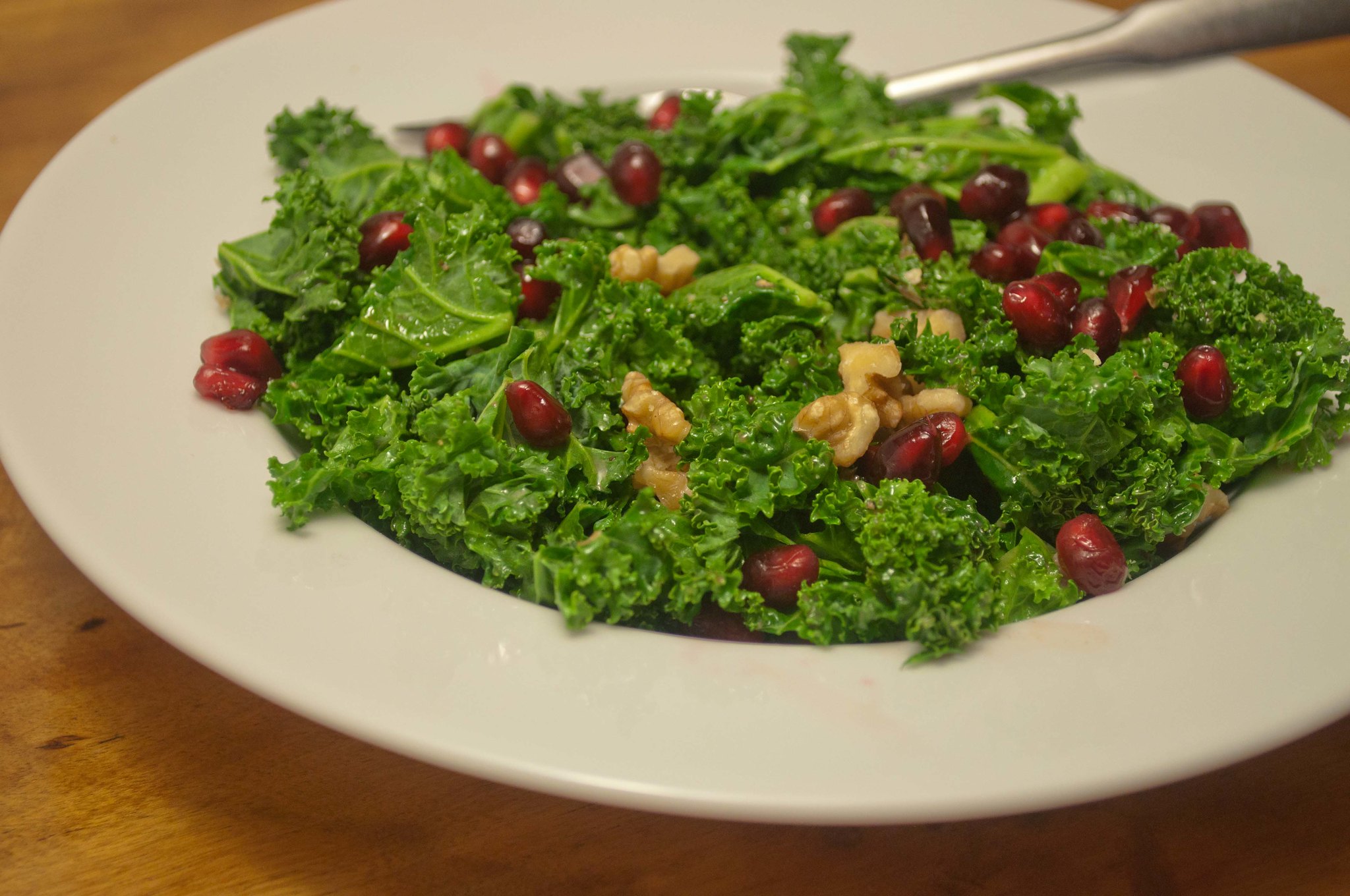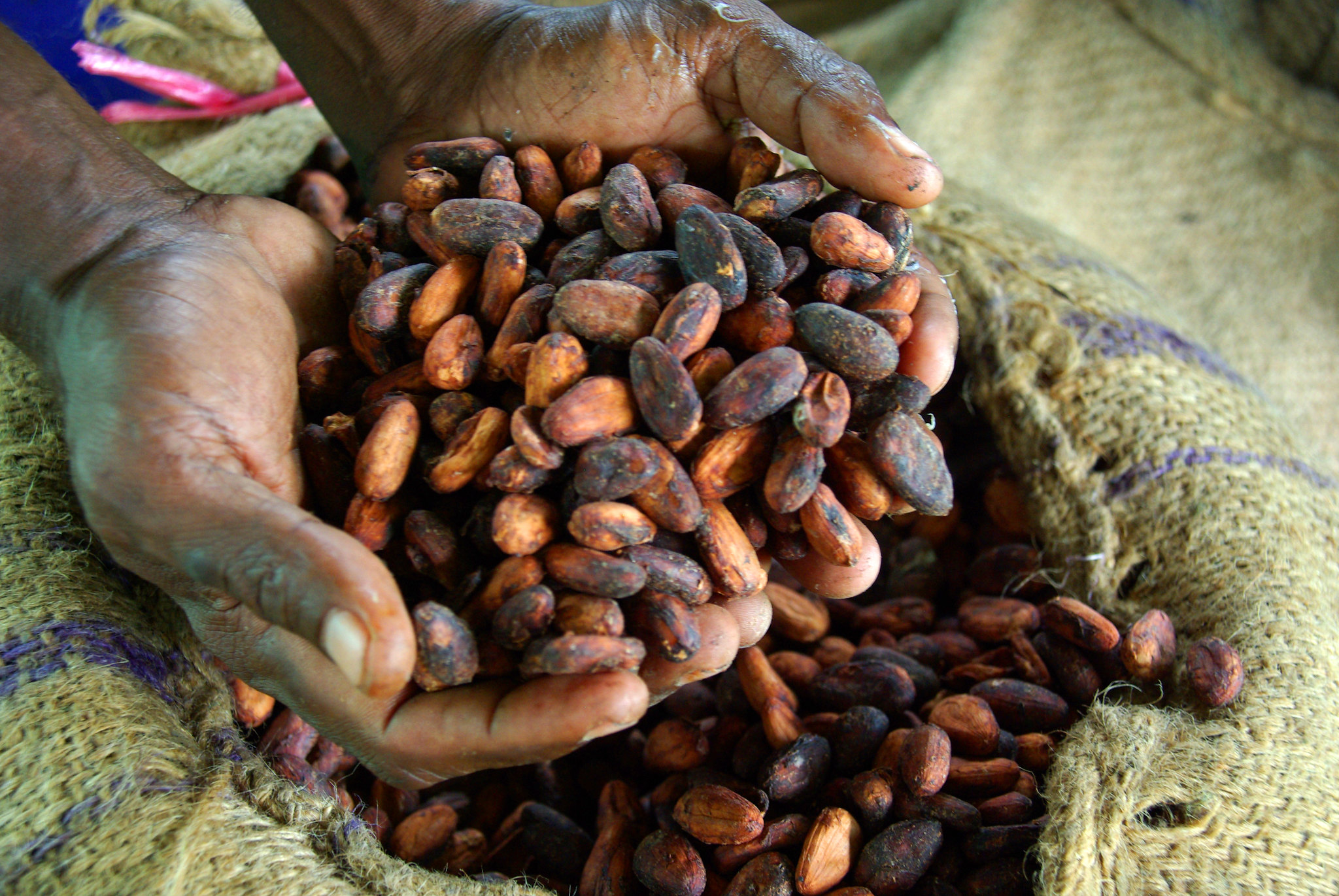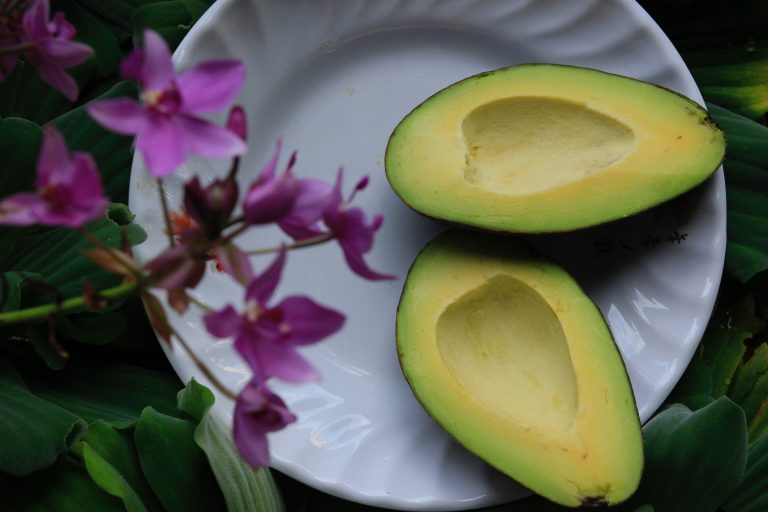Do you wake up some mornings and your head feels like cobwebs, “foggy,“ or “cloudy?” You may be suffering from “brain fog,” which causes one to feel tired, distracted, moody, and just generally “off.” The unfortunate reality is that many of the processed and refined foods we eat today, as well as the different ways in which we spend our time, do not promote optimal brain function. Fortunately, you remedy this and enhance your general health and well-being by adopting a few simple lifestyle adjustments.
Being “foggy headed” is the exact opposite of feeling level-headed, calm, optimistic, and motivated.
Choosing a diet rich in whole foods naturally provides energy for our brains by maintaining steady blood glucose levels. We are sharp and focused when our brains have the glucose necessary to function properly.
When asked how they increase productivity, successful people often refer to their exercise routines, regulated schedules, and healthy eating habits.
Natural ways to boost productivity
Consider integrating nutritious foods into your daily routine that will benefit mental health with the added advantage of enhancing your physical appearance.

Avocados
Success
You are now signed up for our newsletter
Success
Check your email to complete sign up
Avocado is a delicious fruit native to South Central Mexico. It belongs to the flowering plant family Lauraceae. Oddly enough, botanists categorize them as a berry – although a very large one. Some brain experts have called this creamy, nutrient dense fruit the world’s most perfect food. A tasty and nutritious food option, these babies are a powerful energy booster.
Avocados are high in dietary fiber, with one serving providing up to 40% of our daily needs. They also contain Oleic acid and other omega fatty acids, which contribute to the development of the myelin sheath, a protective coating on neurons that allows information in your brain to flow at a rapid rate.
Avocado works wonders in a salad, on a sandwich, and of course it is the key ingredient in guacamole..
Leafy greens
Leafy greens are the pinnacle of superfoods, containing a plethora of vitamins and minerals in abundance. Strong-flavored greens like spinach and kale are like magic potions that clear and refresh the mind.
Kale is one of the finest sources of vitamin K, an essential nutrient for memory. Kale is also high in dietary fiber, B vitamins, and folate, which is essential for brain development. The B vitamins, often known as “anti-stress vitamins,” promote longevity by decreasing memory loss and depression. Kale is also a good source of magnesium, which aids in relaxation, helping your brain recharge properly during sleep.

A team from Frontiers for Aging Neuroscience found that lutein, which is a pigment found in kale, accumulates in the brain, where it is believed to be neuroprotective. Because it is retained throughout one’s lifetime, it could help preserve brain health.
In fact, all Brassicas, a genus including 37 species in the Mustard family, have similar properties to kale. Broccoli, collard greens, bok choy, cabbage, brussels sprouts and turnip greens should be enjoyed regularly. Spinach, and other members of the Amaranth family, such as Swiss chard and beet greens, are also high in vitamins and minerals.
Leafy greens, while often cooked, can also be eaten fresh, “wilted,” or “massaged” in a salad, added to a smoothie, baked into a casserole, or hidden within other baked goods.
Blueberries
By increasing blood flow to critical brain regions, the flavonoids in blueberries decrease the risk of cognitive decline improving memory and attention to activities. Dr. Steven Platt, MD, author of Superfoods Rx: Fourteen Foods Proven to Change Your Life calls them “brainberries,” as they have one of the highest antioxidant components of all fruits and vegetables. These tiny berries contain a powerful memory-protecting chemical known as “vaccinium cyanococcus.”
While it is not difficult to eat a serving of blueberries plain, they can also be added to yogurt, granola or other cereals, fruit salads and green salads. For a healthy yet decadent treat, few desserts that can beat a blueberry pie.
Nuts and seeds
All you need is an ounce of nuts and seeds each day to substantially reduce cognitive fog. High in protein, fiber, minerals, vitamins, and brain-friendly essential fatty acids, these substances also help suppress our appetites, preventing us from overindulging and becoming sluggish. A handful of almonds, walnuts, pistachios, sunflower seeds, or pumpkin seeds is a healthy snack, and a tablespoon of chia seeds added to a smoothie or juice can help dissipate brain fog, like mist before the sun.
Dark chocolate
This delicious treat’s high antioxidant content and natural stimulants are great for improving mental clarity. Unlike milk chocolate, dark chocolate uses cocoa butter rather than dairy, and contains significantly less sugar. It normally contains between 60 and 99 percent chocolate or cacao.
The greater the cocoa content, the richer and more bittersweet the taste. Dark chocolate may contain vanilla and other emulsifiers such as soy lecithin to keep its unique flavor and texture.

Cocoa contains more phenolic antioxidants than most foods, including wine and tea. This helps prevent free radical damage and removes toxins from the body. Minerals include manganese, magnesium, iron, and copper. Dark chocolate also contains phosphate, potassium, selenium, calcium, and vitamins K, B-12, and vitamin A.
Dark chocolate with a cocoa level of 70% or more is associated with many health benefits. The best dark chocolate contains 70 percent or higher cacao percentage.
It promotes the release of endorphins, which are good for our brain and mood. Two pieces of dark chocolate a day may help you think better and feel good.
Additional ways to maintain mental clarity
Stay hydrated
Seventy percent of our body is water. Every organ in your body and its capacity to work correctly depends on essential water levels in your body. When you are not properly hydrated, your cognitive function, concentration, and energy all diminish, and important bodily processes are impaired. To improve cognitive abilities and concentration, it is recommended to drink at least eight glasses of water each day.
Spiritual development
While eating a healthy diet can go far in helping to improve focus and productivity, adopting a spiritual outlook can push you still further. When one puts emphasis on character, strives to improve morally, and treats others with kindness, maintaining a clear mind becomes second nature.













